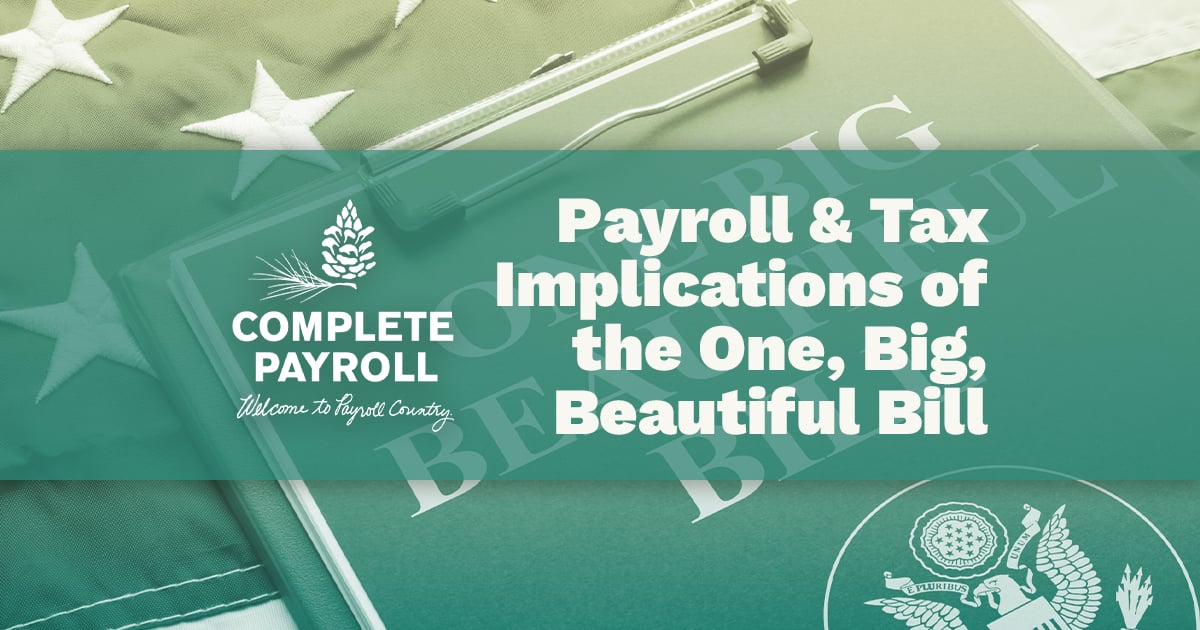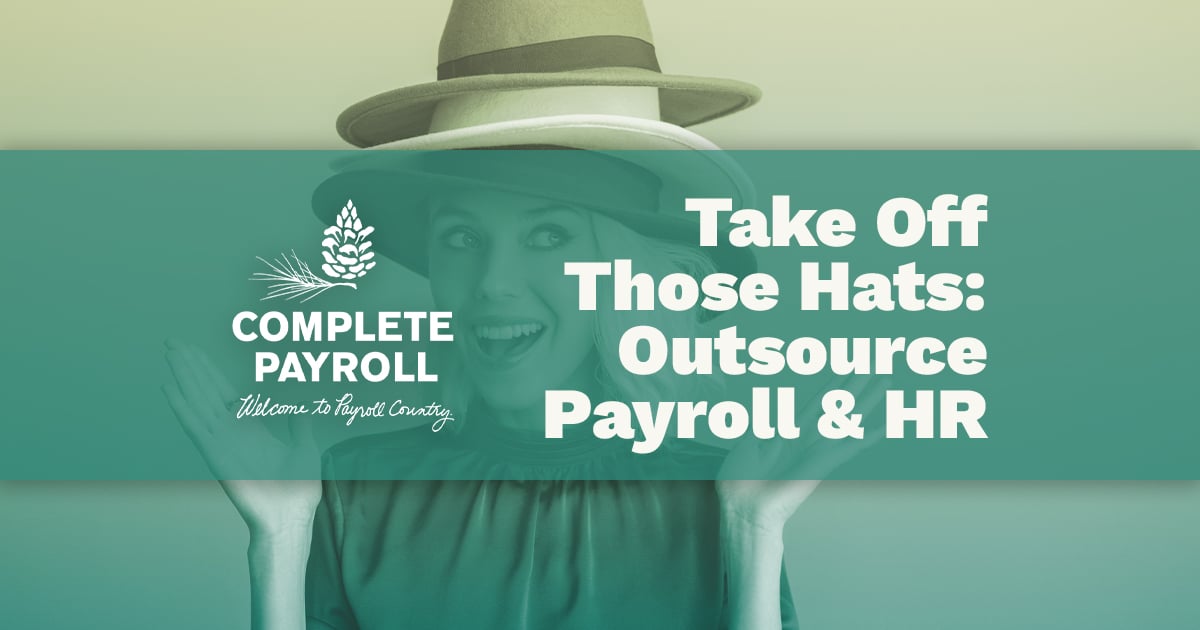Being a small business owner has a lot of benefits. However, one of those benefits is certainly not that the matter of how you get paid gets simplified.
If you already own a small business, you already know that there are a lot of factors at play that determine how and how much you are earning for the hard work you’re putting in.
In this article, we will go through some of these factors so that how you’re getting fairly compensated for running your small business is a little clearer.
Determine Your Business Structure
The structure of your business determines a lot of things, such as how and how much you pay in taxes, how you collect profit, what paperwork you need to legally file, and your personal liability in the company.
Most importantly, though, it is going to determine how you get paid in this venture.
Depending on the situation, you will get paid in one of two ways: an owner’s draw or a fixed salary. With an owner’s draw, you will get a portion of whatever profits your small business is bringing in as your compensation. With a salary, you will have a fair and fixed amount of money that you pay yourself on a schedule.
Which way to pay yourself is based on what type of business structure you have.
The most common business structures are:
1. Sole Proprietorship
In this structure, you and you alone have complete control over your business. Your business assets and liabilities are not separate from your personal assets and liabilities.
How you pay yourself in this structure is pretty straightforward: as the sole owner of your business, you will compensate yourself with an owner’s draw. As the only owner, you are entitled to any and all of your business’s money at the end of the day.
2. Partnership
This structure simply means that more than one person owns a business together.
Though you have more than one owner in this instance, you will still pay yourself as you would in a sole proprietorship by taking an owner’s draw as all members are equal owners and have equal entitlement to profits.
3. Limited Liability Company (LLC)
An LLC can be one proprietor or multiple owners and all parties are considered to be self-employed. In this structure, profits and losses can be passed through your personal income and not be subject to corporate taxes.
If you are the sole owner of the LLC, you should be compensated as a sole proprietor would be - through an owner’s draw. If there are multiple owners of the LLC, they are also compensated as you would a partnership.
4. Corporation (C Corp)
This structure separates its owners. As an entity, they can be taxed, held legally liable, and make a profit. This structure offers the strongest protection from personal liability. However, the costs associated with forming a corporation are much higher, and the record-keeping and reporting that are legally required are extensive.
Since a C Corp separates the owner from the business, even owners are considered to be “employees” of the C Corp. As such you will receive a salary like any other employee.
5. Corporation (S Corp)
This structure is a special type of corporation that eliminates the drawback of double taxation that C Corps experience. Profits and some losses are directed to the owners’ personal income without facing corporate tax rates.
An S Corp also separates the owners from the business, but unlike a C Corp, owners can either take an owner’s draw or receive a salary since they are not double-taxed.
Depending on what type of structure your business was formed as, the way you pay yourself is going to be different. However, making sure you are getting paid in some way is vital to the health of yourself as an employee and owner and to your company.
Looking for more articles like this for small business owners? Our Complete Payroll blog has up-to-date information just like this to guide you through some of the murkier aspects of owning a small business. Check us out today!

















 Get Instant Blog Notifications
Get Instant Blog Notifications


